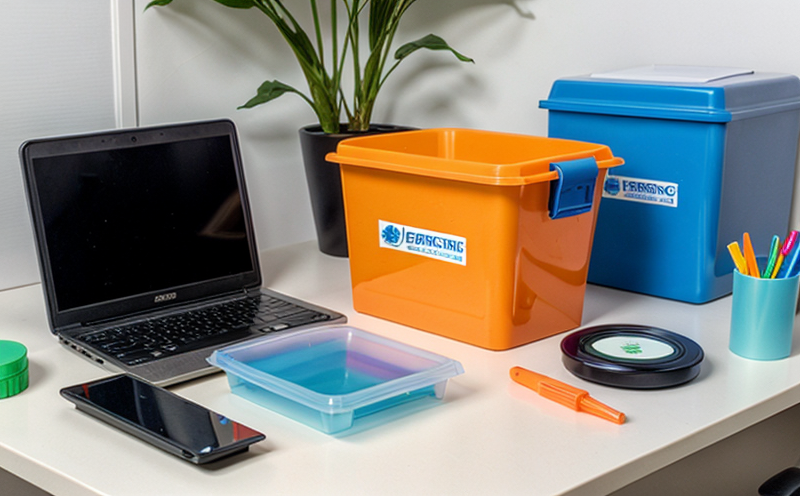UNE EN 12720 Resistance to Cold Liquids Testing of Plastic Office Surfaces
The UNE EN 12720 standard is a crucial regulatory requirement for manufacturers and suppliers of plastic office surfaces. This test evaluates the resistance of these materials to contact with cold liquids, ensuring they meet safety and performance standards in real-world use conditions.
Office environments require furniture that can withstand various environmental factors without compromising on aesthetics or functionality. The UNE EN 12720 standard ensures that the surfaces used in offices are durable and safe under cold liquid exposure, which is particularly important given the diverse range of liquids (e.g., water, coffee) that office workers may encounter.
During testing, a small specimen of the plastic surface is immersed in a cold liquid for a specified duration. The test aims to assess whether the surface retains its mechanical properties and appearance after exposure. Compliance with this standard not only enhances the safety but also increases consumer confidence, which is vital for manufacturers aiming to enter competitive markets.
The UNE EN 12720 standard plays a pivotal role in ensuring that plastic office surfaces are reliable and safe under various conditions. This includes assessing resistance to cracking, peeling, or discoloration due to contact with cold liquids. By adhering to this standard, manufacturers can ensure their products meet the stringent requirements set forth by regulatory bodies.
The test process is designed to simulate real-world scenarios where these surfaces are likely to be exposed to cold liquids. This ensures that the materials used in office furniture are robust and reliable, contributing to a safer working environment for employees. Compliance with UNE EN 12720 also enhances brand reputation and marketability by demonstrating commitment to quality and safety.
It is important to note that this standard applies not only to traditional office desks but also to other surfaces used in modern office settings, such as countertops, tables, and even accessories like nameplates or sticky notes. The UNE EN 12720 standard ensures these materials are resilient and safe under cold liquid exposure.
In conclusion, the UNE EN 12720 standard is essential for ensuring that plastic office surfaces maintain their integrity and safety when exposed to cold liquids. This test not only enhances product performance but also builds trust with consumers and regulatory bodies, making it a critical step in the quality assurance process.
Applied Standards
| Standard Reference | Description |
|---|---|
| UNE EN 12720:2004 | Evaluation of resistance to cold liquids for plastic office surfaces. |
Benefits
- Enhances product durability and longevity under real-world conditions.
- Improves safety by preventing potential hazards from cold liquid exposure.
- Boosts brand reputation through compliance with international standards.
- Simplifies the regulatory process for manufacturers entering new markets.
- Aids in maintaining consistent product quality across different production batches.
Competitive Advantage and Market Impact
- Ensures compliance with international standards, making products more attractive to overseas buyers.
- Reduces the risk of product recalls or legal disputes due to non-compliance.
- Facilitates easier market entry into regions that mandate UNE EN 12720 compliance.
- Promotes innovation by encouraging manufacturers to develop more robust and safer products.





